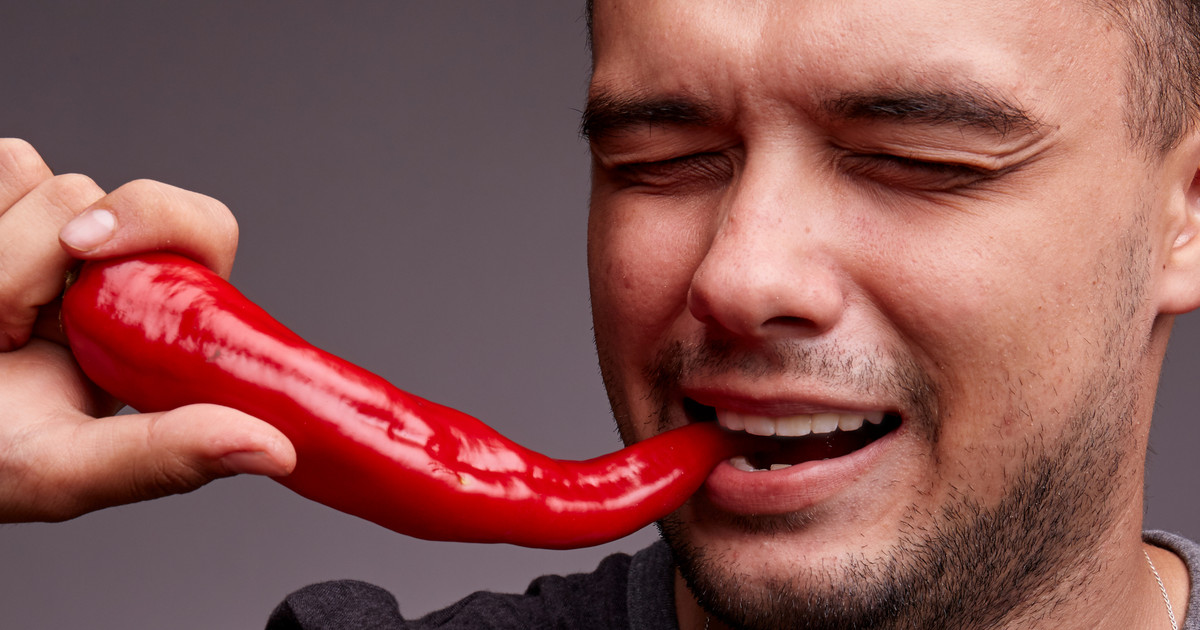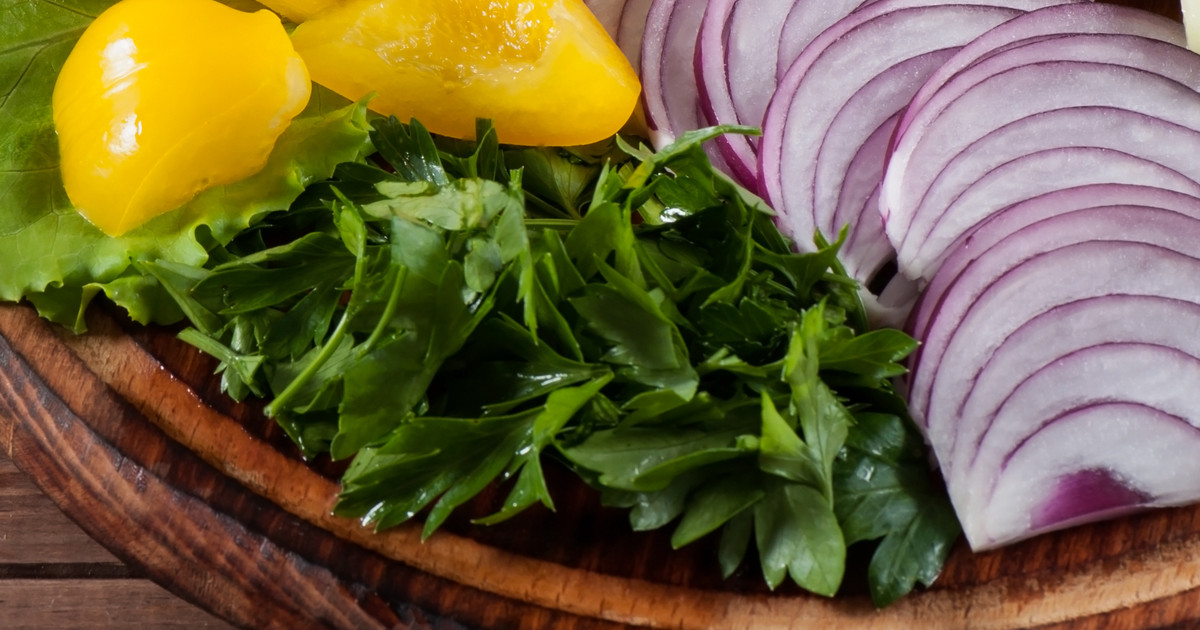Foods To Avoid With IBS
Irritable bowel syndrome is an extremely uncomfortable condition that affects an individual’s digestive system, particularly the large intestine. Symptoms include bloating, increased gas, diarrhea, constipation, and pain in the abdomen. These warning signs often occur without any visible damage to the digestive tract. Women under 50 years old and individuals with anxiety or depression appear to the ones who are most at risk of this condition, though anyone can develop it.
Many patients will try IBS medication, often switching between several varieties until they find the right one. Individuals who also deal with anxiety or depression will often require anti-anxiety medication for IBS as well. Other treatment components involve more natural remedies for irritable bowel syndrome, including psyllium husk pills and other fiber supplements. However, diet is a major part of this condition. By not making the right choices, patients can dramatically worsen their symptoms.
Raw Vegetables
Everyone needs to eat vegetables if they want to get the nutrients they need for a healthy body. However, vegetables often provide a serious point of concern for patients who suffer from irritable bowel syndrome. Raw vegetables have been known to aggravate IBS symptoms. This means patients will experience more bloating, abdominal pain, diarrhea, and constipation. This is because raw vegetables are harder to digest, and IBS patients already have a compromised digestive system.
Particularly harmful raw vegetables for IBS patients are those often found in salads, including onions, snow peas, celery, and mushrooms. The intestines absorb these vegetables poorly, and they are serious triggers for IBS patients. Thus, individuals with irritable bowel syndrome should avoid eating raw vegetables. Any vegetables they do want to consume should be well-cooked so they are easier to digest.
Get the details on why spicy foods can cause problems for patients with this condition next.
Spicy Foods
Spicy foods are quite harsh on the digestive system. Healthy individuals can tolerate the extra strain fairly well, but this is not the case for patients with irritable bowel syndrome. Capsaicin, which is often found in spicy foods, often burns and otherwise irritates the stomach and intestinal linings. This damage is particularly irritating for IBS patients.
Although some spices may not trigger symptoms, individuals with this condition should take note of what spices cause them irritation so they can avoid them whenever possible. It is also safer to avoid foods that would qualify as ‘hot’ and go with ‘mild’ instead. This is because, even with work, it can be difficult to know how much spice is tolerable.
Discover what cooking strategy can ruin most foods for IBS patients next.

